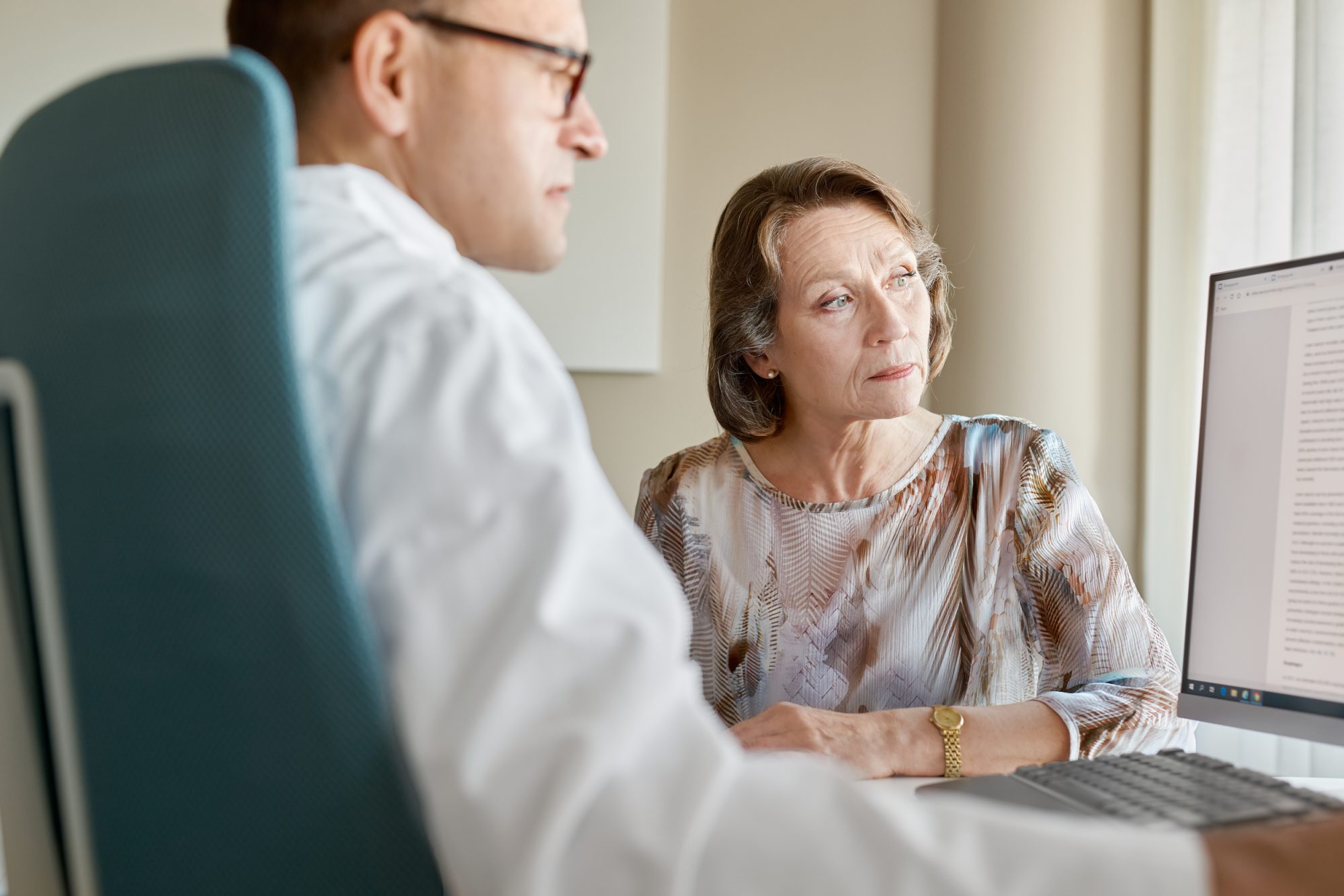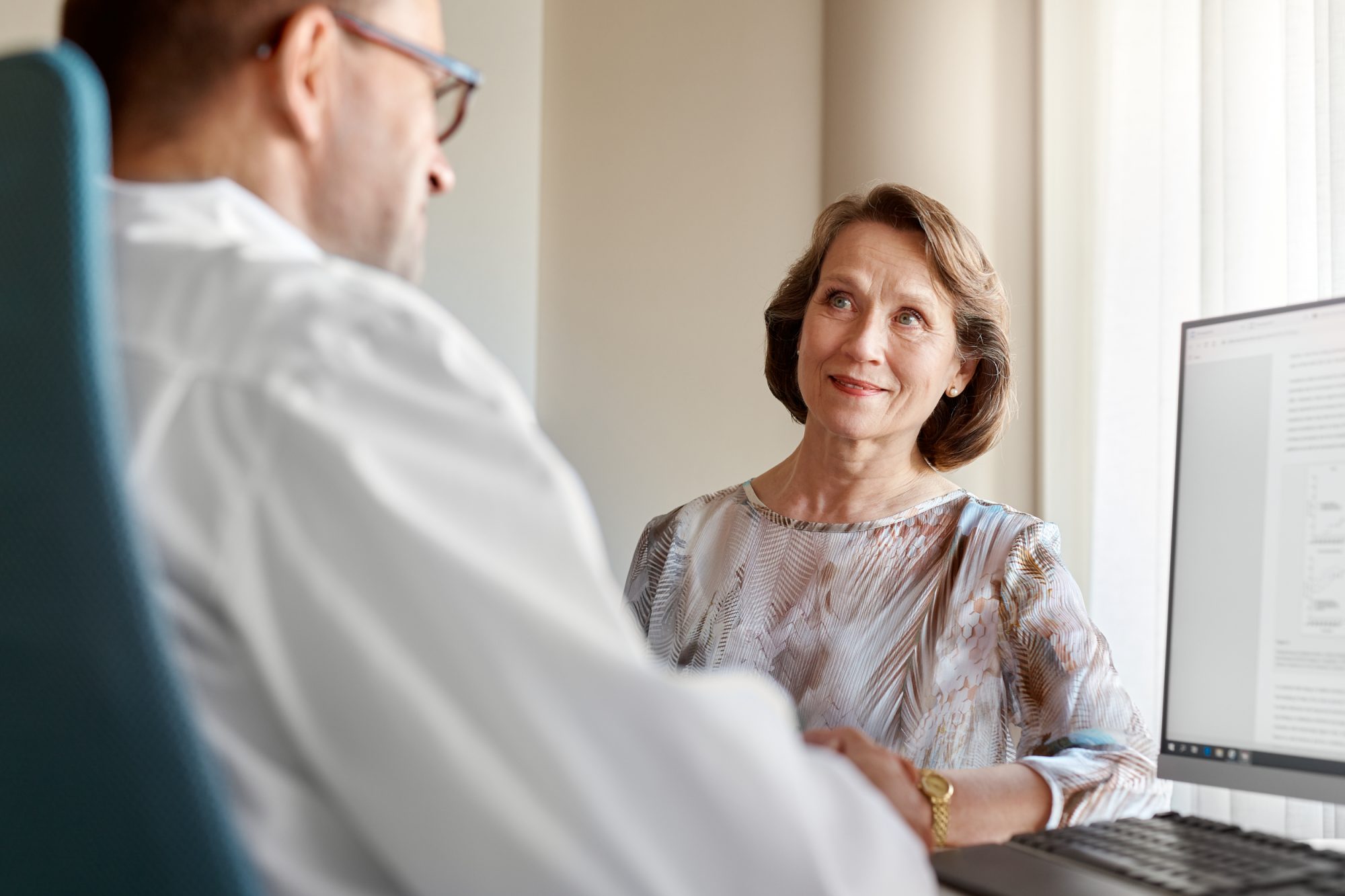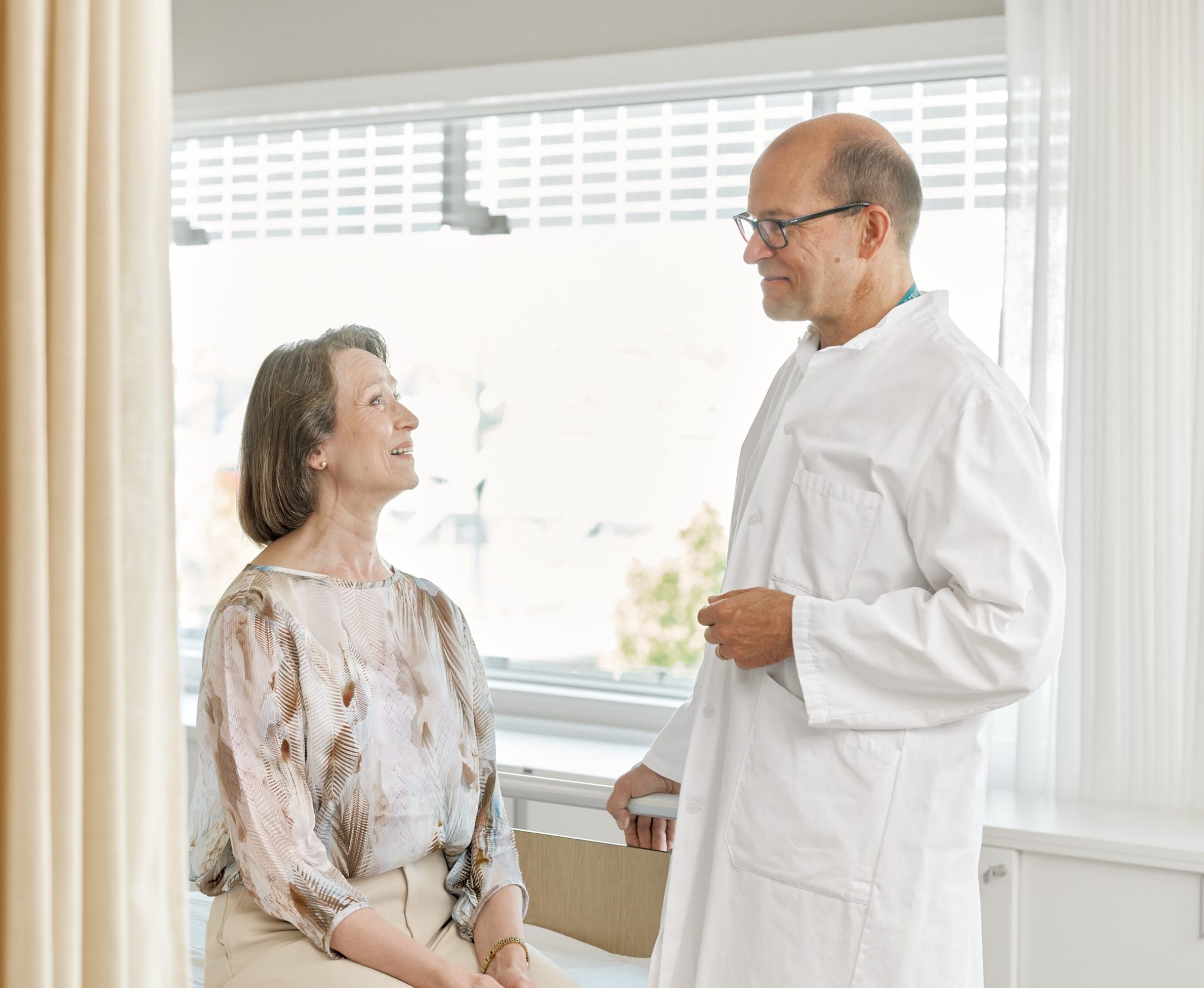A surprising silver lining of the pandemic? – Chief Clinical Director: RNA vaccines can be very helpful in cancer treatment
9.12.2021 Categories: News | Press releases
RNA vaccines are not yet used in cancer treatment, but this may change soon, according to Docrates Cancer Center’s Chief Clinical Director Juha Kononen.
“RNA vaccines have provided good protection against COVID-19 infections, which indicates that they create a good immune response. Positive experiences have backed up the idea in cancer treatment that the same method can be used to create cancer vaccines. Results will be available in a few years when studies advance to clinical trials. The RNA method makes it more straightforward and faster to prepare vaccines, which allows for preparing individual cancer vaccines,” says Kononen.
“The potential side effects of these vaccines have also been studied very extensively and carefully during the COVID-19 pandemic. For example, it has been learned that there are some very rarely occurring side effects if an adenoviral vector is used in preparing the vaccine. These effects would never have been detected in cancer research, but they can now be taken into account. The pandemic has thus globally increased knowledge and resources to apply the methods and technology related to vaccines in many ways in treatments that modify immune responses to cancer or as part of these responses. Another potentially useful cancer drug is tocilizumab, which has been used in the treatment of severe complications related to COVID-19 infections as part of treatments involving immune response modifiers.”
Concern about undiscovered cancers
In the context of cancer treatment, the biggest worry related to the pandemic is that the correct attempts to avoid close contacts have reduced the number of examinations and tests performed.
“There is a risk that the positive start where the cancer is diagnosed in its early stage does not happen—or that the cancer is not diagnosed at all. I doubt there is enough scientific information about this concern coming true, but it is a general concern in the health industry,” says Kononen.
“Luckily enough, our patients have largely avoided contracting COVID-19 in the past 18 months. We have had only individual patients who have had the disease during their cancer treatment or whose treatment has had to be postponed due to the disease. When it comes to the health of cancer patients, the pandemic has not changed the circumstances a lot as the patients are used to avoiding infection risks.”
Physical contact can be comforting
According to Kononen, the pandemic has affected the practices of cancer treatment in other ways.
“During the pandemic, remote appointments have proven to be a very useful tool for contacting, regardless of whether you are in Lapland or Australia. Its weakness is that speech is only one part of human interaction and the remote connection makes it impossible to support and touch the patient. Video calls are certainly a major step forward from simply talking on the phone. However, a big part of a physician’s job is related to the physician physically examining the patient, which can be therapeutic and comforting to the patient. In this sense, remote appointments are not ideal,” says Kononen.
Docrates Cancer Center is a Finnish-owned, international hospital in Helsinki specialising in cancer treatment. We provide services for cancer patients throughout the treatment chain, from diagnosis to post-treatment follow-up. After diagnosis and imaging, the treatment can be planned and initiated without delay. Our unique concept attracts patients from all over the world. So far, we have treated patients from over 60 countries and provided treatment for nearly 30 different types of cancer. Together with our network of leading clinical experts, we provide state-of-the-art cancer therapies in line with our philosophy of individual and patient centred care. www.docrates.com.












